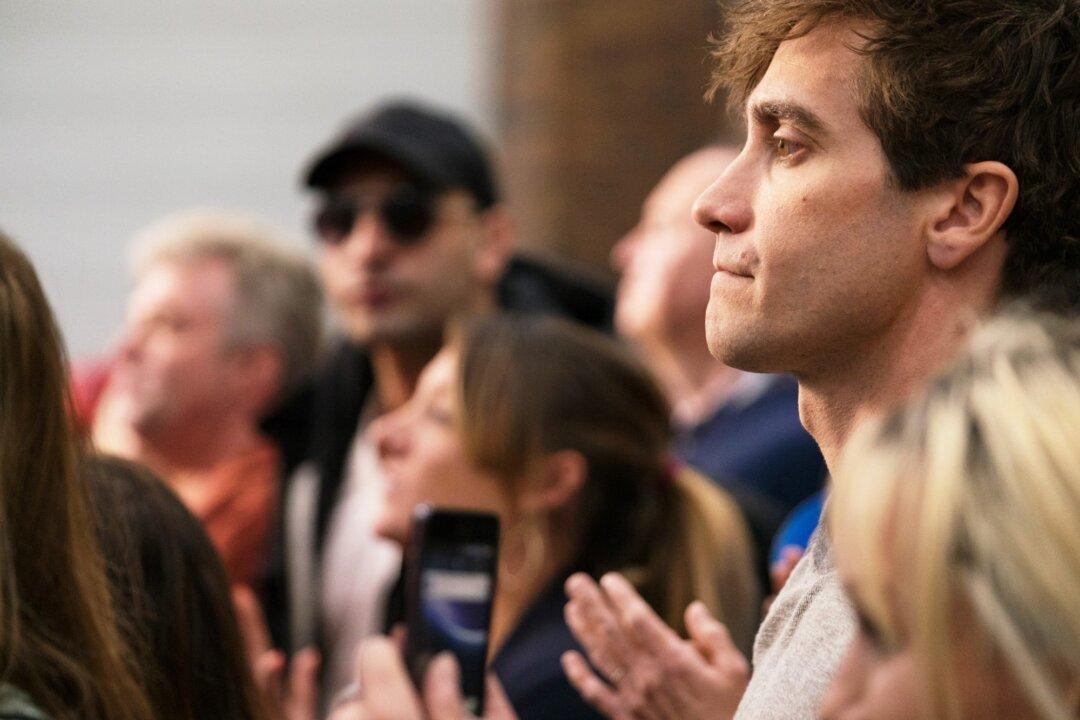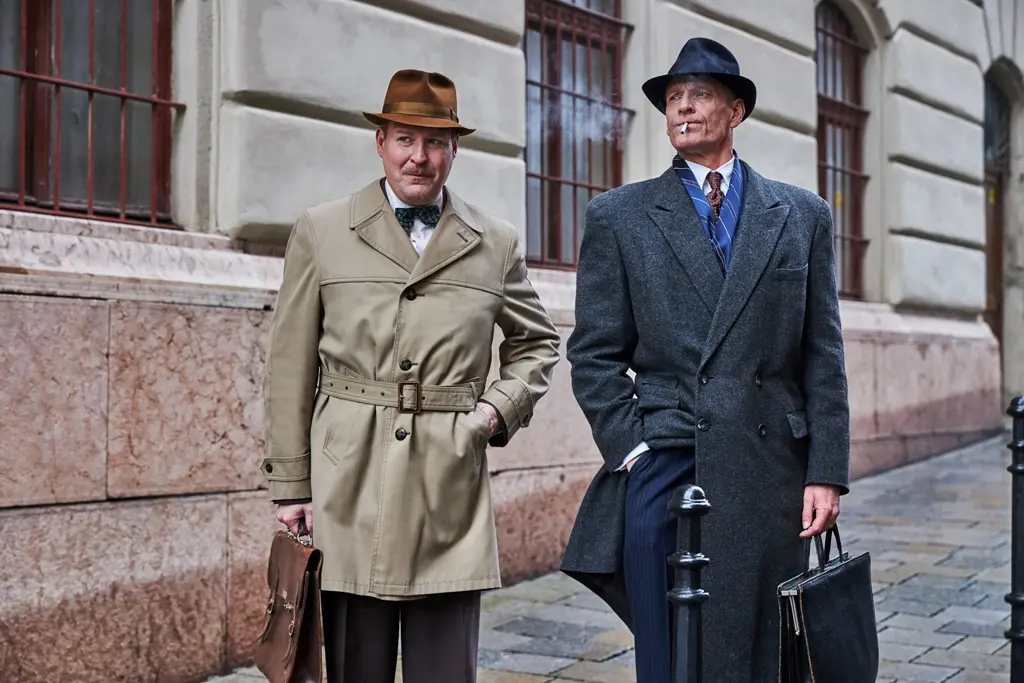R | 1h 59m | Drama, Biography, Romance, History | December 5, 2017 (USA)
If “Stronger” and “Patriot’s Day” (both dealing with the 2013 Boston Marathon terrorist bombings) and the multitude of movies made in the wake of Sept. 11, 2001, have taught us anything, it’s almost the same thing that the country learned after World War II and Vietnam. Americans like movies where Americans win and triumph over adversity or foreign invasions and would rather avoid films where they don’t.






